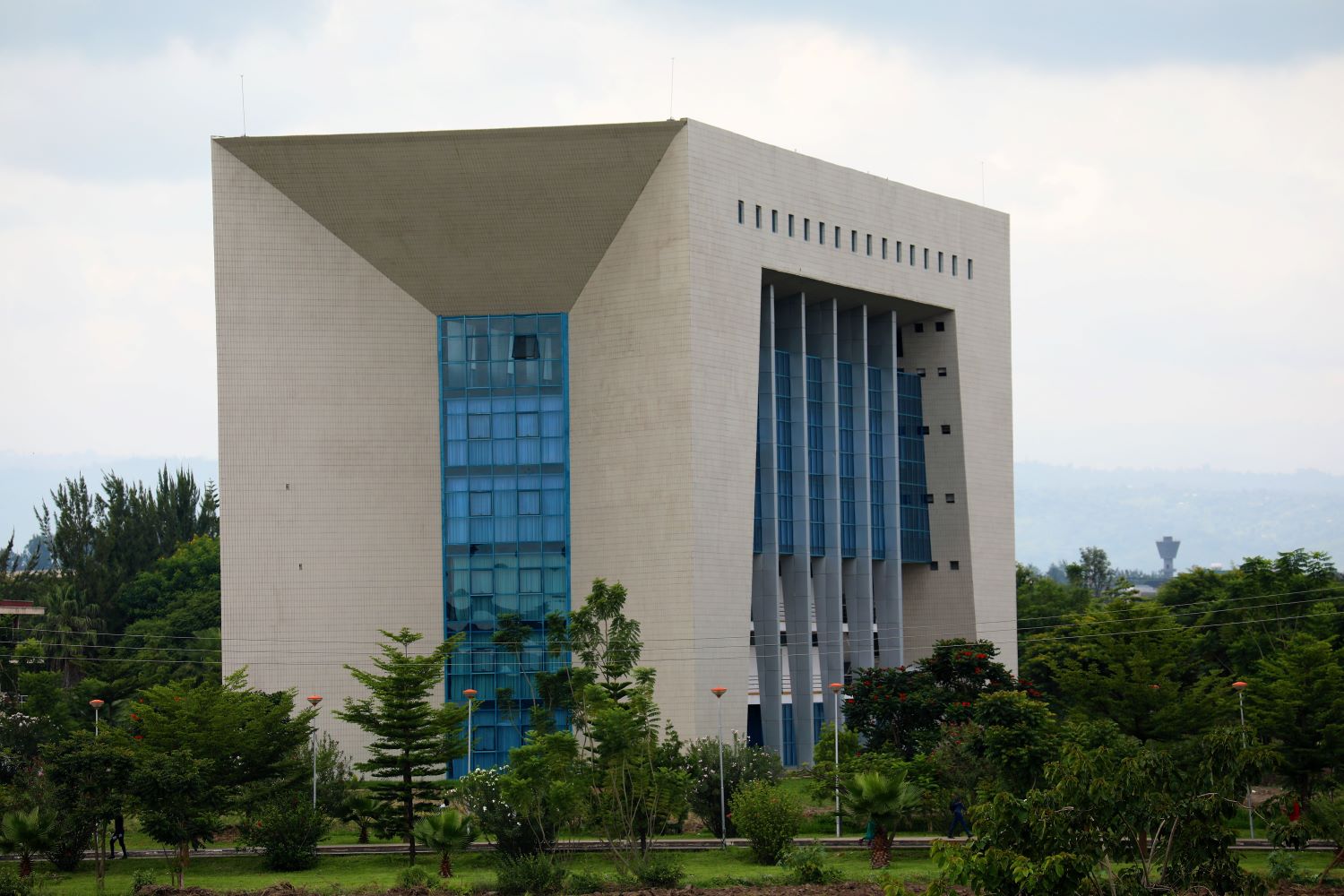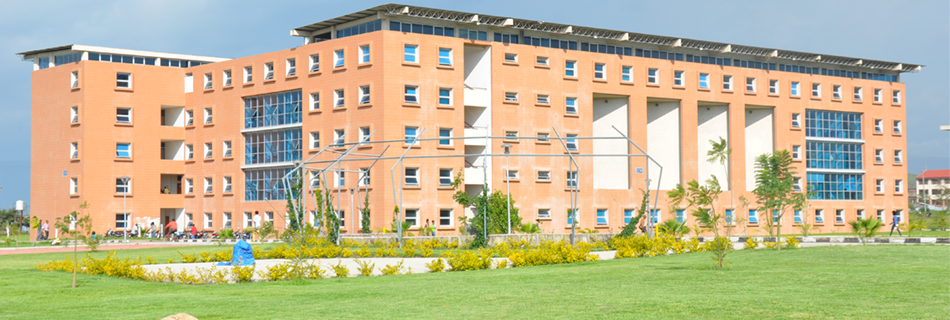<i class="fa fa-address-card" style="font-size:12pt"></i> <b>ABOUT</b>
Hawassa University has a long history of recorded success stories with regard to research endeavours since its establishment as a College of Agriculture in 1976 and its promotion to university level in 1999. HU has undertaken research projects ranging from small scale disciplinary to large-scale multidisciplinary research over the last 40 years using funds obtained from the government and international sources. The researchers have published their outputs in peer-reviewed international and local journals. It is inspiring to see that the number of academic staff involved in research and publication has been increasing over the years.in 2019 alone about 600 journal articles have been published in peer-reviewed international journals. In light of these and other achievements it has scored so far, Ministry of Science and Higher Education (MoSHE) has selected the University as one of the eight research universities in Ethiopia.

Until recently, research at HU was largely of small-scale disciplinary type that mainly took place within the boundary of a single discipline and oriented towards a specific goal. Nevertheless, in developing countries such as Ethiopia, many societal challenges are complex and multifaceted. Evidently, research in isolated disciplines cannot solve these problems rather; the problems need concerted efforts of all disciplines. Consequently, HU has changed its research strategy to multidisciplinary thematic type since 2017. Eleven priority thematic research areas have been identified through stakeholder needs and organizational assessments. Thus, all research proposals submitted by academic staff for funding from government budget source as of 2017 are required to fit the identified thematic areas. These thematic areas include Agricultural Development and Food Security; Natural Resources Management and Environmental Protection; Human Health and Nutrition; Population, Social Dynamics, Culture and Sport; Constitution, Justice and Governance; Human Development, Economics and Finance; Education and Training; Construction and Urban Development; Manufacturing Industries; Information Communication Technologies and Computing; and Basic Sciences Research.

Since the launching of thematic research in 2017, about 44 large-scale thematic research projects have been undertaken by the faculty in different colleges and institutes of HU of which 21 are already completed before July 2020. In addition to the academic staff, the thematic research projects have involved about 121 postgraduate students provided with full financial support to conduct their study as well as an opportunity to share experiences in research and teamwork from senior researchers they work with assembled from multiple disciplines.
